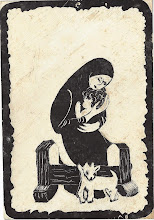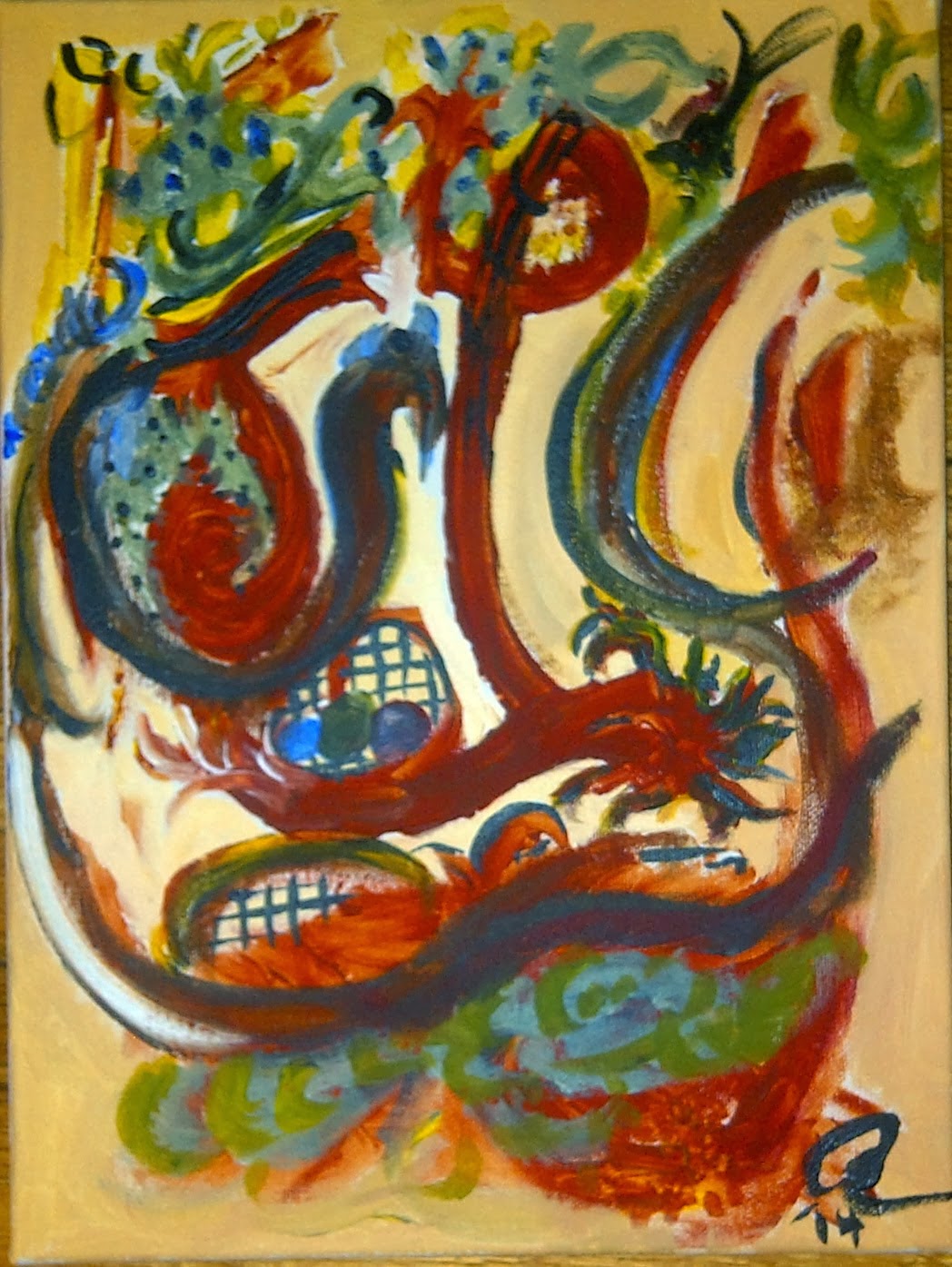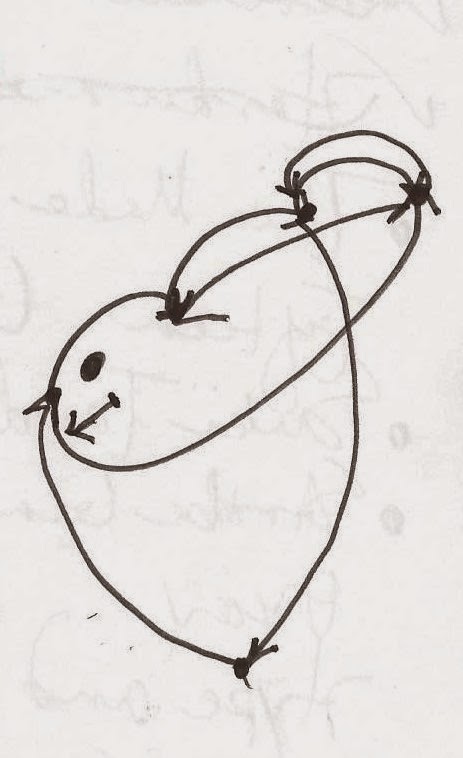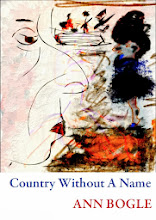I made the board this time, as I call the two-week
recommended list. I feel like writing something better than it then. Yet thanks
to those who fav'd and commented. All men so far, but F'naut today is often
that way as have been several other kinds of online locations, and that is ...
life. And/or it is part of planning and unlike paid venues or the next
President or moving-picture windows and other formats. "That woman"
someone with a fake-seeming last name called Hillary Clinton on Facebook today,
but I am quoting it a little inaccurately, using quotation marks by way of
paraphrasing disparately placed rather than adjacent words he used to refer to
her. I began to type a reply and deleted it without sending it. It said
something like, "Would you write, 'how could she trust him? That man is
lying if his lips are moving.' No, too ...
Southern town." And for me, too much member-of-my-sex risk that
might be taken as partisan squabbling, so I erased it and let his thingy float
downstream. Later I saw that a Republican Party departmental up-and-comer, a
woman, had reported to a press group, "The Republican Party will not lie
to you." Then I came to Fictionaut from Facebook where to care is a human
option and where option for me is not a Stock Market term though I have heard
of it!
I'll go with Ackley's mention of 7. as a specific location
to resume improving this writing. 7. in a real list of the first seven jobs I
held would have been 2. except that I got started in thinking of first having
coins of my own instead.
Within a week, I self-mined to make a statement, "Make
the penny great again!" Stamps are not a job for me yet in my family there
is a documented lifelong postal service stamp collection from Wisconsin. I
watched off and on as my mother evaluated it using certified catalogs. Mixed in
the box that had been transferred from small metal, perhaps silver, built-in
wall drawers were rationing coupons, as I noticed. So, not unaccountably yet
still surprisingly, as I happened to spot her doing once, my mother was stashing
locally-manufactured coffee beans in the front hall closet. That was in '99,
the year she retired as director of a two-person social service agency
originally supported by churches then by churches and synagogues that she
visited annually in offering a fund raising plea to those congregations that
resulted in mountains of canned food and by most standards micro financing. She
retired in a carefully planned and organized and thorough way, thorough except
in one way, psychologically, and so I learned that no one ceases to earn income
easily. I mostly lost access to earned income at 34 following a rigorous
cross-country training as long as a medical doctor's. Her temporary fritz
passed, thanks to my steady presence as the family's first junior member on
medical assistance and the only one to have mastered a study of narrative
chronology. Mastered is correct. Mastery in self-help sociopsychopathology
refers to a woman's ill-ridden attempts to socialize with men after childhood.
The short story also touches on my mother’s and my twelve-year adult-child tax
law relationship, though without going into that tax law. I felt ashamed, as my
parents' daughter and once-helpful citizen, that any department of revenue could
let Adult Child enter tax code rather than a term meaning two generations.
Adult Child is from chem-dep!
Today, life twinkles onward, inch by inch. In 2014 when I
turned 52, advantage plan insurance included me as a senior citizen. That means
that since 1994, 1996, or 1999, I have enjoyed one year almost certain of being
an adult American voter who enjoys the benefit of Medicare. Almost, except that
my home city nearly ensured there would be too little time to vote
absentee despite my planning, thus marring it. That was 2008, the year I spent
in New York, a low one for finance, the worst since 1929, yet a strong one for
me, to be roving on sturdy feet again, several times a week, back among urbane
pedestrians.













